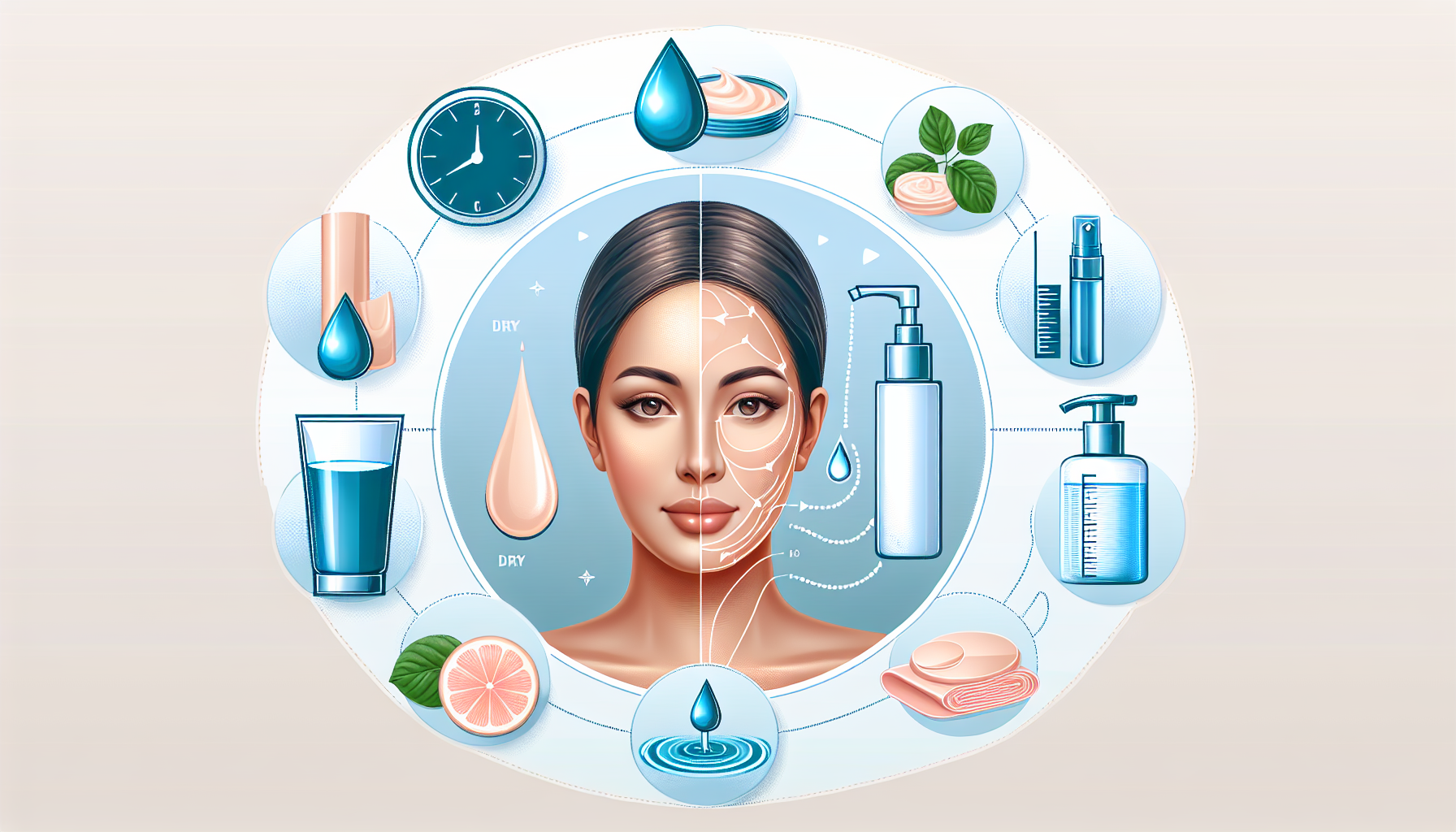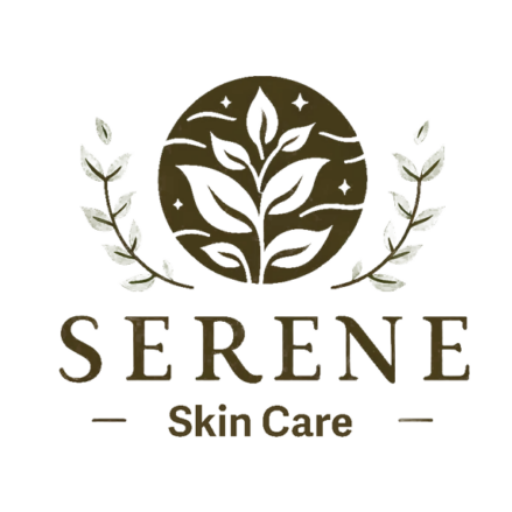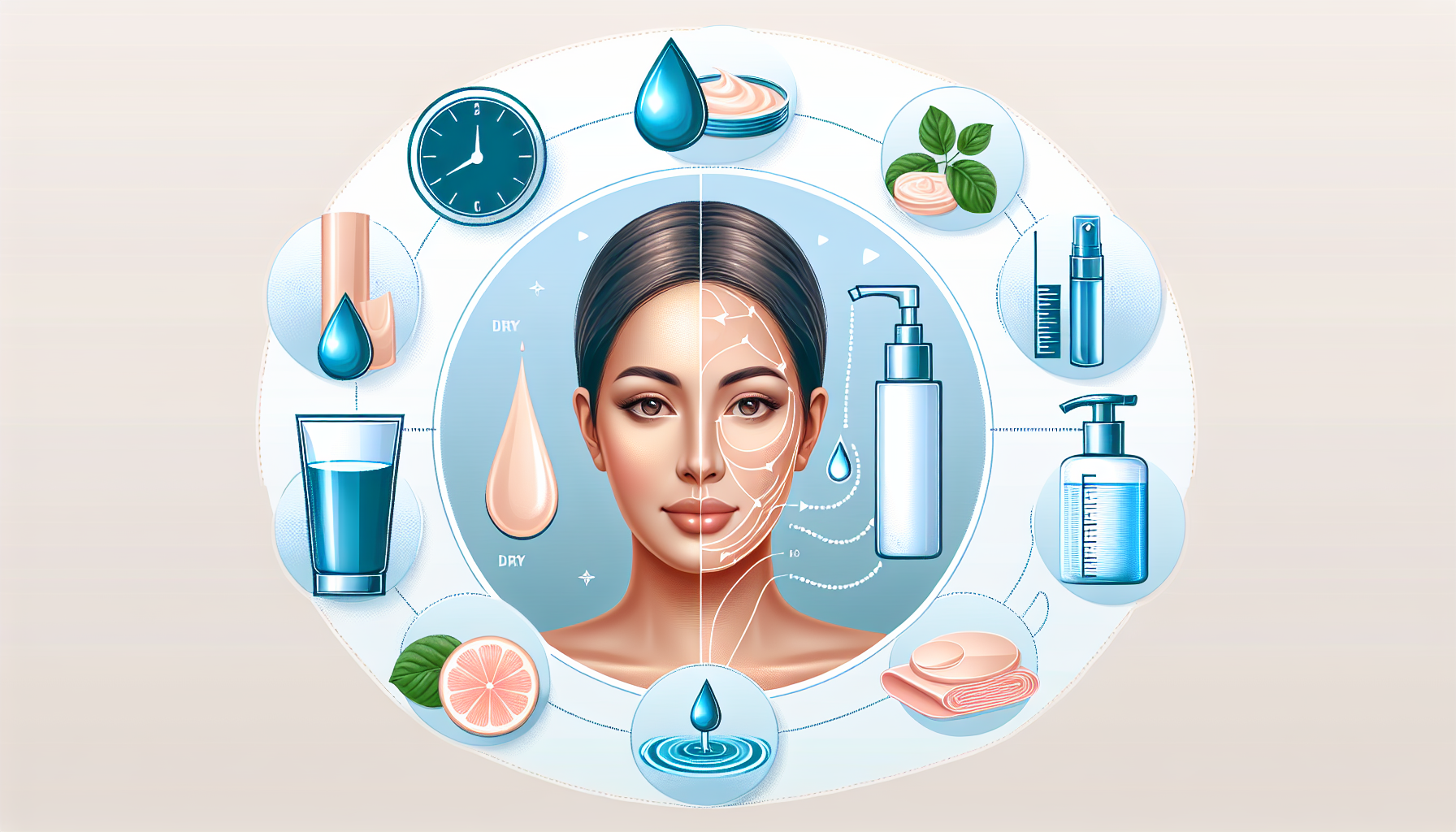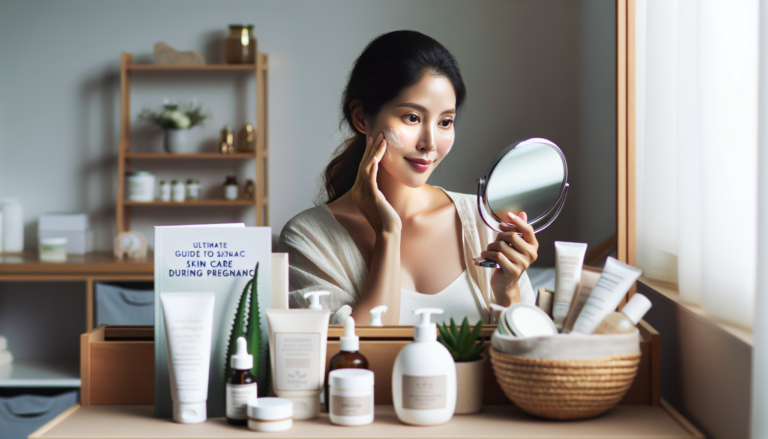Ready to achieve hydrated skin? In this article, we will explore essential techniques for dry skin care that will leave your skin feeling moisturized and rejuvenated. Whether you constantly battle with flaky patches or simply want to maintain a healthy glow, these tips and tricks will help you on your journey to achieving the radiant and hydrated skin you desire. So, let’s dive in and discover the secrets to nourishing and revitalizing dry skin!

Achieving Hydrated Skin: Essential Techniques for Dry Skin Care
Understanding Dry Skin
Dry skin is a common skin condition that occurs when the skin lacks moisture and cannot retain it effectively. It is characterized by a tight, rough, and flaky texture, and can often be accompanied by itchiness or redness. This skin type requires special care to maintain optimal hydration levels and promote overall skin health.
What is Dry Skin?
Dry skin occurs when the skin’s natural lipid barrier, which helps to retain moisture, is compromised. As a result, the skin loses water more easily and becomes dehydrated. This can be due to a variety of factors such as genetics, environmental conditions, skincare habits, and lifestyle choices.
Factors Affecting Skin Hydration
Several factors can contribute to dry skin. Environmental factors like low humidity, harsh weather conditions, and exposure to air conditioning or heating systems can strip the skin of its moisture. Skin conditions such as eczema or psoriasis can also cause dryness. Overuse of harsh skincare products, such as those containing alcohol or strong fragrances, can further disrupt the skin’s natural barrier. Some individuals may also have a genetic predisposition to dry skin.
Symptoms of Dry Skin
Dry skin is characterized by certain symptoms. These may include a feeling of tightness or discomfort, rough and flaky texture, itching or irritation, and in some cases, redness or inflammation. It is important to recognize these symptoms in order to address dry skin effectively.
The Importance of Hydration for Skin Health
Proper hydration is crucial for maintaining healthy skin. When the skin is adequately hydrated, it appears plump, smooth, and supple. Hydration helps to improve skin elasticity, reduce the appearance of fine lines and wrinkles, and promote a radiant complexion. Additionally, hydrated skin is more resistant to environmental pollutants and toxins, which can contribute to premature aging.
Identifying the Causes of Dry Skin
Understanding the underlying causes of dry skin can help create an effective skincare routine and prevent further moisture loss.
Environmental Factors
Low humidity levels, especially during winter months, can cause skin to become dry. Similarly, exposure to hot or cold weather, wind, and even air conditioning or heating systems can deplete the skin’s moisture. It is important to be aware of these environmental factors and take precautions to protect the skin.
Skin Conditions
Certain skin conditions, such as eczema or psoriasis, can cause chronic dryness. These conditions disrupt the skin’s natural barrier, making it more difficult for the skin to retain moisture. Managing these skin conditions often involves targeted treatment and hydration strategies.
Overuse of Harsh Products
Using skincare products that contain harsh ingredients, such as alcohol or strong fragrances, can strip the skin of its natural oils and disrupt the moisture barrier. It is important to choose gentle, hydrating products specifically formulated for dry skin.
Genetic Predisposition
Some individuals may have a genetic predisposition to dry skin. If dry skin runs in your family, it is important to be aware of this and take extra steps to ensure proper hydration and moisture retention.
Developing an Effective Dry Skin Care Routine
A well-rounded dry skin care routine is essential for maintaining optimal hydration and promoting skin health.
Cleansing Strategies
When it comes to cleansing dry skin, it is important to choose mild, hydrating cleansers that do not strip the skin of its natural oils. Look for cleansers that are labeled “gentle” or “hydrating,” and avoid those that contain harsh surfactants or sulfates. It is also advisable to limit the frequency of cleansing to once or twice a day, as excessive cleansing can further dry out the skin.
Toning and Hydrating
After cleansing, it is beneficial to use a hydrating toner to rebalance the skin’s pH levels and prepare it for further hydration. Look for toners that contain ingredients like hyaluronic acid, glycerin, or natural plant extracts that can help to lock in moisture. Applying a hydrating facial mist throughout the day can also provide instant relief and hydration.
Choosing the Right Moisturizer
One of the most crucial steps in a dry skin care routine is selecting the right moisturizer. Opt for products that are rich in emollients and humectants, such as ceramides, shea butter, or hyaluronic acid. These ingredients help to lock in moisture and create a protective barrier on the skin’s surface. Additionally, consider using a heavier moisturizer at night to provide deep hydration while you sleep.
Sun Protection
Protecting your skin from harmful UV rays is important for preventing further moisture loss and maintaining overall skin health. Look for broad-spectrum sunscreens with an SPF of 30 or higher, and apply it generously to all exposed areas of the skin. Reapply every two hours, especially if you are spending extended periods of time outdoors.
Nighttime Skincare
Nighttime is an ideal opportunity to boost hydration and nourish the skin. Consider incorporating a hydrating serum or facial oil into your nighttime routine, as these products can penetrate deeper into the skin and deliver intense hydration. Additionally, using a humidifier in your bedroom can help to add moisture to the air and prevent overnight dehydration of the skin.
Hydrating from Within: Diet and Lifestyle
In addition to an effective skincare routine, maintaining proper hydration from within is crucial for achieving healthy, hydrated skin.
Importance of Water Intake
Drinking an adequate amount of water is essential for overall health and skin hydration. Aim to drink at least eight glasses of water per day, and increase your intake if you engage in strenuous physical activity or live in a dry climate. Hydration also comes from other beverages and foods, so incorporating hydrating foods into your diet is important as well.
Hydrating Foods
Certain foods have high water content and can contribute to skin hydration. Incorporate hydrating foods like watermelon, cucumbers, strawberries, oranges, and leafy greens into your diet. These foods not only provide essential vitamins and minerals, but also help to hydrate from the inside out.
Limiting Alcohol and Caffeine
While it is important to stay hydrated, it is equally vital to be mindful of substances that can dehydrate the body. Alcohol and caffeine can have a diuretic effect, increasing urination and potentially leading to dehydration. Limiting your consumption of these substances can help maintain proper hydration levels.
Getting Adequate Sleep
Sleep deprivation can have a negative impact on skin health and hydration. Aim for seven to eight hours of quality sleep each night to allow your body and skin to repair and rejuvenate. Proper sleep contributes to overall hydration and can help maintain a healthy complexion.
Stress Management
Stress can affect various aspects of health, including skin hydration. Chronic stress can disrupt the skin’s barrier function and lead to dryness and inflammation. Practicing stress management techniques such as meditation, deep breathing exercises, and engaging in activities you enjoy can help promote skin health and hydration.
Choosing the Right Moisturizer
Selecting the right moisturizer for dry skin is crucial for achieving optimal hydration and maintaining a healthy skin barrier.
Understanding Moisturizer Ingredients
When choosing a moisturizer for dry skin, it is important to pay attention to the ingredients. Look for moisturizers that contain ingredients like hyaluronic acid, ceramides, glycerin, and natural oils. These ingredients help to attract and retain moisture in the skin, providing long-lasting hydration.
Different Types of Moisturizers
There are various types of moisturizers available, including creams, lotions, gels, and ointments. Creams and ointments are generally more hydrating and suitable for dry skin, as they contain a higher oil content. Lotions and gels, on the other hand, have a lighter consistency and may be more suitable for combination or oily skin types.
Finding the Right Moisturizer for Dry Skin
Everyone’s skin is unique, so finding the perfect moisturizer may require some trial and error. Look for products specifically formulated for dry skin, and consider factors such as your skin’s sensitivity, allergies, and any particular skin concerns you may have. Market research and customer reviews can also help you find moisturizers that have been well-received by those with similar skin types.
Applying Moisturizer Correctly
Proper application of moisturizer can enhance its effectiveness. After cleansing and toning, apply a dime-sized amount of moisturizer to your fingertips and gently massage it into your face and neck using upward motions. Take care to cover all areas and ensure thorough absorption. Allow the moisturizer to fully penetrate before applying any makeup or other skincare products.
Preventing Moisture Loss: Daily Habits
In addition to proper skincare and hydration practices, certain daily habits can help prevent excessive moisture loss and keep the skin hydrated.
Avoiding Hot Showers and Baths
Hot water can strip the skin of its natural oils and further dry out dry skin. Instead, opt for lukewarm water when showering or bathing. Limit your bathing time to 10-15 minutes and avoid scrubbing the skin vigorously with a loofah or washcloth, as this can cause irritation and further dryness.
Using Gentle Skincare Products
Avoid using harsh skincare products, including heavy foaming cleansers or those containing fragrances, alcohol, or sulfates. Opt for mild, gentle products specifically formulated for dry skin. Remember to patch test new products before incorporating them into your routine to ensure they do not cause any adverse reactions.
Patting Skin Dry Instead of Rubbing
After washing your face or showering, gently pat your skin dry with a soft towel instead of rubbing it aggressively. Rubbing the skin can cause further irritation and dryness, as well as potentially damage the skin’s moisture barrier.
Protecting Skin from Harsh Weather
Exposure to harsh weather conditions, such as strong winds or extreme cold, can further dry out the skin. Protect your skin by wearing appropriate clothing, including scarves, hats, and gloves, and consider using a facial balm or oil to create a protective barrier.
Wearing Sunscreen Every Day
UV rays from the sun can contribute to dryness and premature aging. Apply a broad-spectrum sunscreen with at least SPF 30 every day, even on cloudy days or during winter months. Make sure to cover all exposed areas of the skin, including the face, neck, and hands.
Exfoliation for Dry Skin
Contrary to popular belief, exfoliation is still an essential step in a dry skin care routine. However, it should be done with caution and using the right products.
Benefits and Importance of Exfoliation
Exfoliation helps to remove dead skin cells from the skin’s surface, revealing smoother, more radiant skin underneath. For individuals with dry skin, exfoliation can also aid in the absorption of moisturizers and other hydrating products, as it eliminates the barrier created by dead skin cells.
Choosing the Right Exfoliant
When selecting an exfoliant for dry skin, opt for gentle, hydrating formulas. Look for exfoliants that contain ingredients like gentle acids (such as lactic acid or fruit enzymes), jojoba beads, or finely ground exfoliating particles. Avoid harsh physical exfoliants or those with large, jagged particles, as they can cause micro-tears in the skin and further dryness.
Frequency of Exfoliation
Individuals with dry skin should exfoliate less frequently than those with oily or normal skin. It is generally recommended to exfoliate once or twice a week to avoid over-exfoliation, which can lead to irritation and increased dryness. Pay attention to your skin’s response and adjust the frequency accordingly.
Exfoliation Techniques for Dry Skin
When exfoliating dry skin, it is important to be gentle and avoid aggressive scrubbing. Apply a small amount of the exfoliant to damp skin and gently massage it in circular motions using your fingertips. Rinse thoroughly with lukewarm water and follow up with a hydrating toner and moisturizer to replenish moisture.
Hydrating Face Masks
Face masks are a great way to provide intense hydration to dry skin and promote a healthy complexion.
Benefits of Face Masks for Dry Skin
Face masks offer concentrated, targeted hydration to the skin. They can help to replenish moisture, soothe dry and irritated skin, and improve overall hydration levels. Additionally, face masks provide a pampering experience and allow for relaxation while providing therapeutic effects for the skin.
Natural Ingredients for Hydration
Many face masks contain natural ingredients that are known for their hydrating properties. Look for masks that contain ingredients like aloe vera, honey, hyaluronic acid, cucumber, or oatmeal. These ingredients work to soothe and moisturize the skin, leaving it soft, supple, and rejuvenated.
DIY Face Mask Recipes
For those who prefer a more natural and personalized approach, creating DIY face masks can be a fun and cost-effective option. Some DIY face mask recipes for dry skin include avocado and honey mask, oatmeal and milk mask, or yogurt and cucumber mask. These masks can be easily made using common ingredients found in your kitchen.
Applying and Removing Face Masks
Before applying a face mask, cleanse and dry your skin thoroughly. Apply the mask evenly to your face, avoiding the delicate eye and lip area. Relax and leave the mask on for the recommended time, usually around 10-15 minutes. Gently rinse the mask off with lukewarm water, making sure to remove all traces. Follow up with a hydrating toner and moisturizer to seal in the hydration.
Humidifying the Environment
Creating a humid environment can help combat dry skin by adding moisture to the air and preventing excessive evaporation.
Understanding the Impact of Humidity on Skin
Humidity levels significantly impact skin hydration. Low humidity can cause moisture to evaporate from the skin more rapidly, leading to dryness. By increasing humidity levels, the skin’s moisture content can be more effectively maintained, resulting in hydrated and supple skin.
Benefits of Using Humidifiers
Humidifiers are devices that release moisture into the air, increasing humidity levels. Adding a humidifier to your living or sleeping space can help combat the dryness caused by indoor heating systems or dry climates. Humidifiers can be especially beneficial during winter months when low humidity is prevalent.
Maintaining Optimal Humidity Levels
The ideal humidity level for skin health is around 40-60%. Using a hygrometer, you can monitor the humidity levels in your home and adjust the humidifier accordingly. Be sure to clean and maintain your humidifier regularly to prevent the growth of bacteria or mold.
Other Methods to Increase Humidity in Indoor Spaces
Aside from using a humidifier, there are other ways to increase humidity in indoor environments. Placing bowls of water near heating vents or using a water-filled tray on top of radiators can help add moisture to the air. Taking warm, steamy showers or running a hot bath with the bathroom door open can also release moisture into the surrounding areas.
In conclusion, achieving hydrated skin is essential for maintaining skin health and preventing dryness and discomfort. Understanding the causes of dry skin, developing an effective skincare routine, and adopting healthy lifestyle habits can significantly improve hydration levels. By choosing the right moisturizers, incorporating exfoliation and face masks into your routine, and creating a humid environment, you can achieve the glowing, healthy skin you desire. Remember, consistency and patience are key when it comes to caring for dry skin.







